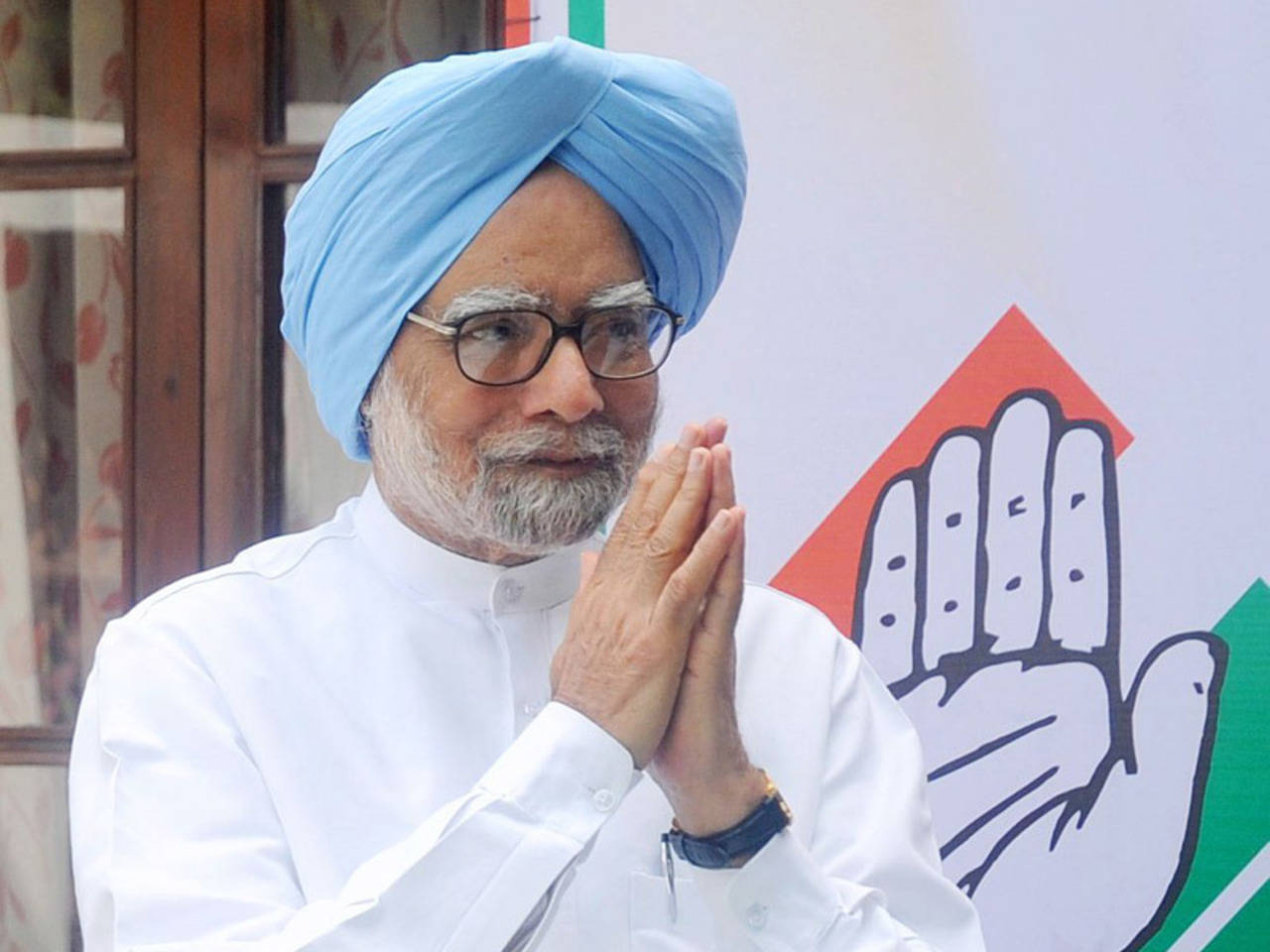Dr. Manmohan Singh, one of India’s most influential statesmen, left an indelible mark on the nation’s economy during his tenure as Finance Minister in the early 1990s and later as Prime Minister from 2004 to 2014. Known for his intellectual depth and quiet resolve, Singh’s policies catalyzed India’s transformation into a global economic powerhouse.
- Blogs
- Famous-personalities
- Architect-of-indias-economic-transformation-manmohan-singhs-legacy-676e5973bdccdd0001d35d0f
Architect of India’s Economic Transformation: Manmohan Singh’s Legacy
Famous Personalities • 27 Dec, 2024 • 53,436 Views • ⭐ 5.0
Written by Shivani Chourasia

A Leader in Crisis: The Role of 1991

In 1991, India stood on the brink of economic collapse. Prime Minister P.V. Narasimha Rao appointed Dr. Manmohan Singh as Finance Minister at a time when the country faced a grave balance of payments crisis. Foreign exchange reserves had dwindled alarmingly, barely sufficient to cover a few weeks of essential imports. Inflation was surging, the fiscal deficit was widening, and the collapse of the Soviet Union severed a vital trade relationship, exacerbating the crisis.
Singh’s profound understanding of economics proved pivotal in navigating these turbulent waters. He initiated a series of bold and transformative reforms, not only addressing the immediate challenges but also laying a robust foundation for long-term growth.
Reforms: Liberalisation of Trade and Currency

To stabilize the economy, Singh devalued the Indian rupee in July 1991, making exports more competitive in the global market. He reduced import tariffs and dismantled stringent trade restrictions, integrating India into the global economy. The Reserve Bank of India even pledged 46.91 tonnes of gold to raise $400 million, a decisive move that bought India critical time to implement reforms.
Industrial Policy Overhaul

Singh’s groundbreaking industrial policy reforms abolished the ‘Licence Raj,’ which had long hindered growth by requiring industries to seek government approval for most activities. On July 24, 1991, the policy deregulated nearly 80% of the industrial sector, slashing the number of industries reserved for the public sector from 17 to 8. This transformative step unleashed entrepreneurial energy, encouraged foreign investment, and spurred job creation across the nation.
Modernizing Banking and Finance

The financial sector saw sweeping changes under Singh’s leadership. Following recommendations from the Narasimham Committee, the statutory liquidity ratio (SLR) was reduced from 38.5% to 25%, and the cash reserve ratio (CRR) was brought down from 25% to 10%. These measures empowered banks to lend more freely, bolstering economic expansion. Licensing requirements for new bank branches were relaxed, and interest rates were deregulated, fostering competition and efficiency within the financial system.
Singh’s economic reforms not only steered India away from disaster but also transformed its economic landscape. By dismantling restrictive socialist policies, India transitioned to a market-driven economy, attracting significant foreign investments and boosting exports. Millions of jobs were created, lifting countless Indians out of poverty and propelling the nation onto a path of sustained growth.